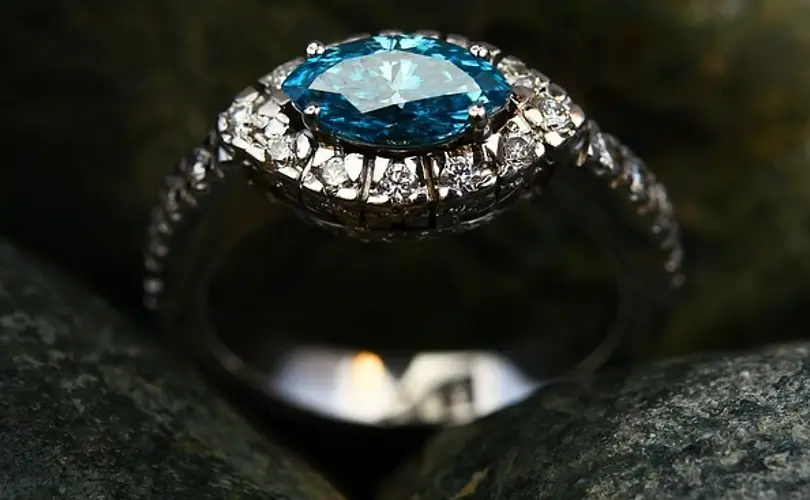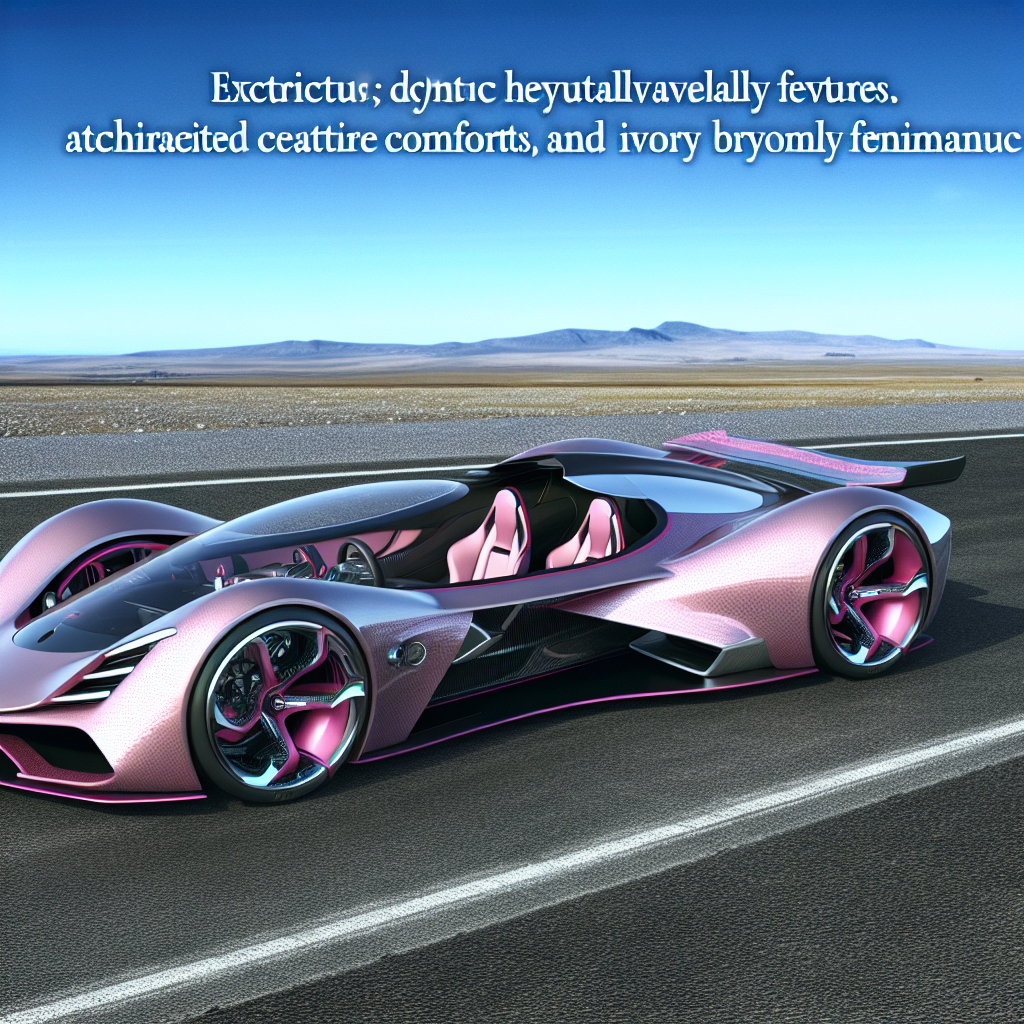Customers should pay a premium to discover a luxury brand with a dedicated quality control team. The quality control team of the luxury business is responsible for ensuring that every item it sells meets the highest standards of quality. People with an entitlement mentality are more prone to splurge on expensive items. A successful luxury company will balance catering to a small, dedicated fan base and keeping as many people as possible out of the loop.
Luxury goods are typically sought after by those with more disposable income. This is because the income elasticity of demand for luxury goods is positive, meaning that as income rises, so does the desire for luxury goods. However, if people’s disposable incomes decrease, there will be less passion for upscale products. Therefore, knowing why people buy high-end products is crucial.
There are four categories of luxury goods buyers, each with characteristics and shopping preferences. Some people may indulge in costly pleasures regularly, while others can only afford to do so on rare occasions. The first type of luxury shopper is the “premium shopper.” They are more inclined to buy expensive products than the occasional splurgers, who may go without purchasing anything for years.
High-End Focus
Consumers from Generation Z and the millennial generation make up a sizable share of the target market for luxury brands. Twenty-nine percent of adults in their prime spending years (35–44) like to splurge on high-end goods. Although popular, these items are not usually purchased as gifts for others. Instead, however, they provide lavish gifts to others with their money. Therefore, high-end companies will need to focus more on serving the preferences of this group.
Although traditional retail is becoming less competitive due to online channels, luxury consumers still value personal interactions with the goods they purchase. Additionally, the aid and fitting of an expert are required for many high-end items and are not accomplished digitally. For example, in contrast to Burberry’s partnership with taxi service Uber to provide transportation to its customers, Tiffany & Co. gives customers personalized recommendations for diamond purchases.
Luxury shoppers often spend lengthy amounts of time investigating their options before making a final decision which means that high-end retailers will need to reevaluate their approach to the web to provide a truly remarkable service. Customers of high-end products and services usually want special attention; therefore, it’s crucial for companies who sell to this demographic to go the extra mile. Also, it’s critical to set the business apart from competitors by creating an unforgettable experience.

Dominic E. is a passionate filmmaker navigating the exciting intersection of art and science. By day, he delves into the complexities of the human body as a full-time medical writer, meticulously translating intricate medical concepts into accessible and engaging narratives. By night, he explores the boundless realm of cinematic storytelling, crafting narratives that evoke emotion and challenge perspectives. Film Student and Full-time Medical Writer for ContentVendor.com




